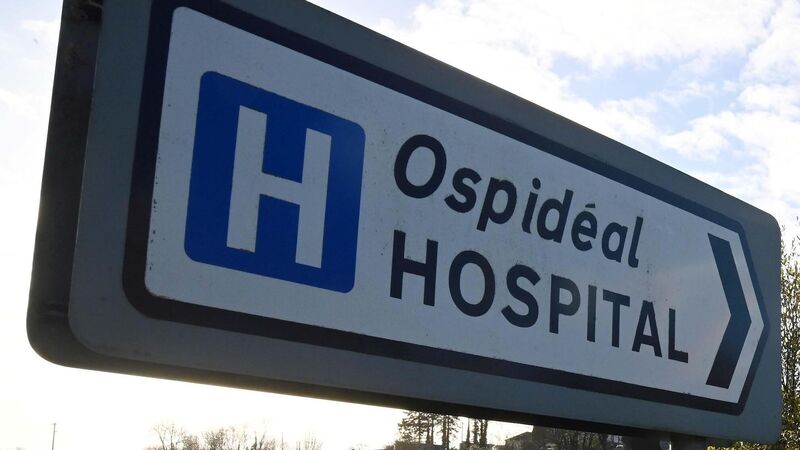Three in four patients with broken hip had surgery within 48 hours of attending hospital, report finds

The audit report highlighted hip fractures are the among the most severe injuries affecting older adults in Ireland, with the cost of acute care for all broken hips last year estimated at about €53m. File picture: Denis Minihane
The proportion of patients with broken hips who were admitted through an emergency department within four hours increased markedly last year, up seven points to 36%, an audit has found.
The report from the National Office for Clinical Audit also found more than three in four (77%) of patients received surgery within 48 hours.










